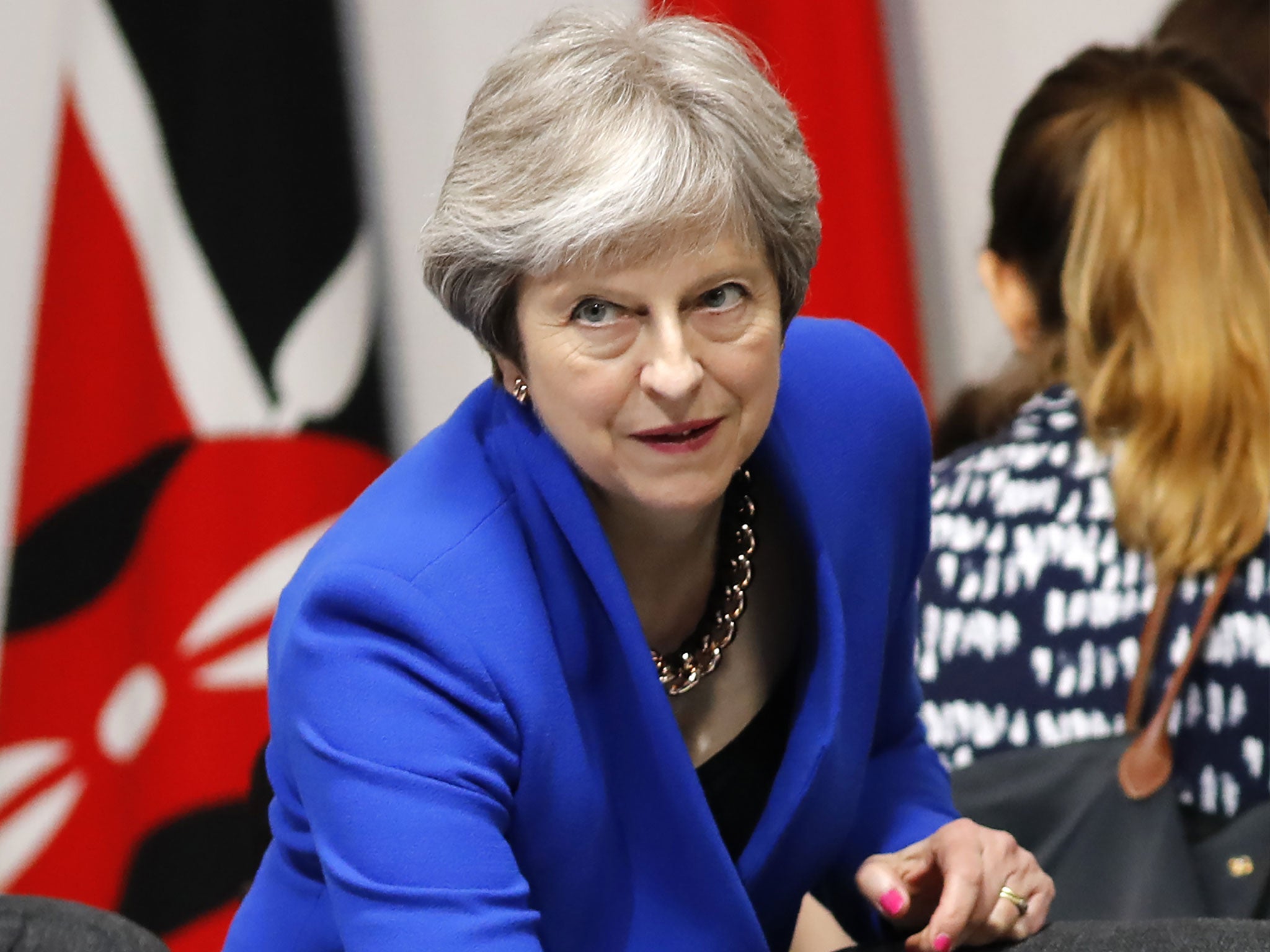How and why I failed to deport illegal immigrants as a minister at the Foreign Office
'Can you take a call from the Home Secretary? He’s on holiday in Mallorca and very worked up about deporting some Brazilian illegal immigrants and he wants you to intervene'


It was a quiet summer’s day at the Foreign Office as I worked through my papers preparing a visit to Latin America – one of my areas of responsibility based nominally on my ability to speak rather weak Spanish.
In came my private secretary. “Can you take a call from the Home Secretary? He’s on holiday in Mallorca and very worked up about deporting some Brazilian illegal immigrants and he wants you to intervene.”
David Blunkett, a much admired friend and fellow South Yorkshire MP, came on the line.
“Denis, I’ve got 60 illegal immigrants from Brazil we’ve rounded up sitting in a plane at Brize Norton waiting to be deported, and the Brazilian government won’t let the plane fly into Brazil’s airspace.”
He wanted me to phone up the Brazilian foreign minister and get Brazil to lift its ban.
It all seemed a bit odd. Was the UK really using an RAF plane or chartering another one at huge cost to ship home a few sad Brazilians workers who had been caught in a raid on a restaurant? It wasn’t my job to enter into a policy debate with a senior cabinet minister, but to do what Blunkett wanted.
I called the Brazilian foreign minister, a well-known, European-educated intellectual, and asked if the UK could be allowed to send home these illegals.
He came back soon after and said no. He explained that Brazil did not want to see its citizens humiliated with a high-profile public expulsion of a plane flying home these men and women, just so a British politician could get some publicity for being tough on illegal immigration.
“Come on,” I said. “Brazilians can enter the UK without a visa as tourists or visitors for six months, but if then they disappear and start working, that’s not right; it’s breaking the law and you should take them back.”
“Me desculpe, Denis, I am sorry, but no. They can be deported on normal flights, whatever, but we are not having a plane from Britain full of our citizens being forcibly returned en masse.”
I called up a disappointed home secretary and went back to my work. I had always assumed that as long as we let people enter Britain without a visa – today 56 countries worldwide plus all of Europe have that “privilege”, just as we have the right to travel to scores of countries without first getting a visa – some would abuse the system and start working cash-in-hand.
Well before the formal enlargement of the EU in 2004, London was home to half a million or more Polish people and other Eastern Europeans who came as tourists and stayed to earn money. Brazilians also featured in their number, and now and then were picked up in raids on restaurants and other workplaces where the informal networks in London could find their friends jobs in exchange for a small payment.
A decade later, Theresa May, now in Blunkett’s seat at the Home Office, tried to get her cabinet colleagues to impose an obligation on Brazilians to get visas before boarding a plane to London. David Cameron refused, arguing that Brazil was too big a country, too big a market and too useful an ally at the UN to upset by insisting on a tourist visa regime.
May had already abolished Labour’s ID cards scheme – introduced far too late just before the 2010 election – which would have begun the process of knowing who was in Britain and who was a visitor; without an ID card, the idea went, no one could have got a legal job.
As a South Yorkshire MP, I dealt every week with the problem of Kashmiri families who had invited a relative in on a visitor’s visa and then allowed the visitor to “overstay”, in the jargon, and work in a restaurant, a corner shop, as a taxi driver and marry a cousin.
That converted me to the need for proper registration and ID cards, but it took 12 years after 1997 before the unfit-for-purpose Home Office could work out how to do ID cards.
They are neuralgic for many across the political spectrum – even if we give far more information to Google, mobile phone firms and any internet-based company or social media outfit.
A halfway house might be to bring a “citizens registration system” like in the Netherlands, where everyone, Dutch or foreign alike, has to be registered and have a Citizen’s Access Number to get a job, healthcare, access to education or a passport.
If we had such a system, the Windrush generation and all other legitimate immigrants to Britain would have been registered and enjoyed full legal rights which never could have been questioned. The alternative is to bring in draconian visa regimes like the one Theresa May wanted for Brazil in 2013.
The price for this is that the 73 million Brits who fly abroad every year will have to spend a long time queueing at embassies and consular offices in London and other cities to get a visa in their new blue passports to travel abroad.
Denis MacShane was a minister at the Foreign Office from 1997 to 2005

Join our commenting forum
Join thought-provoking conversations, follow other Independent readers and see their replies